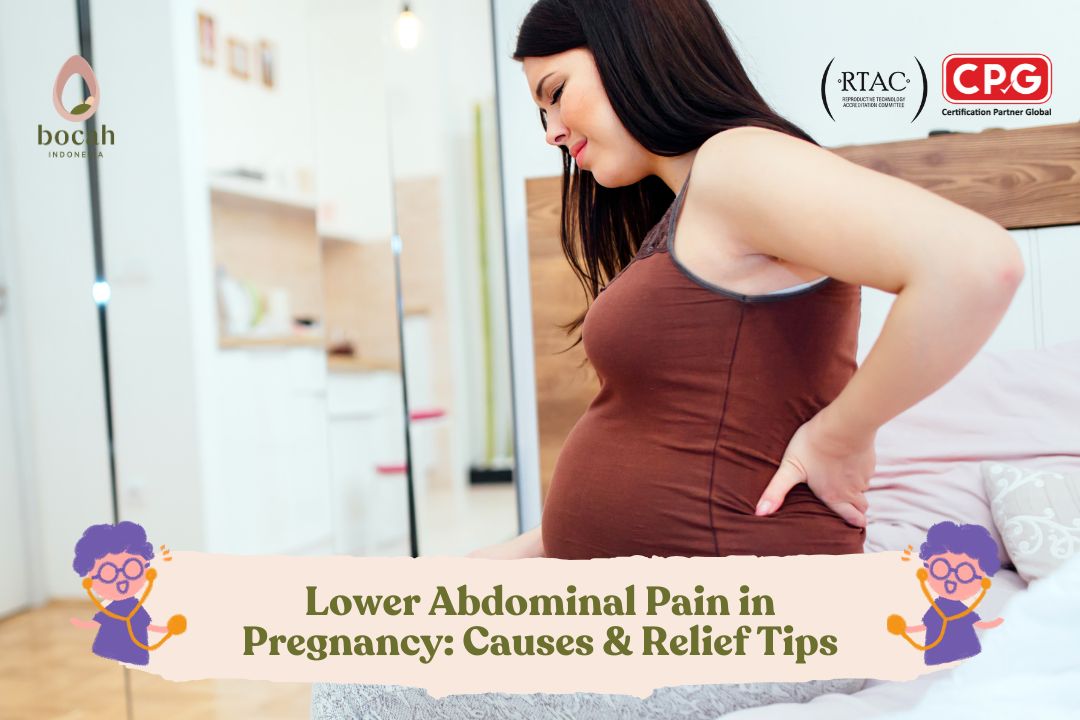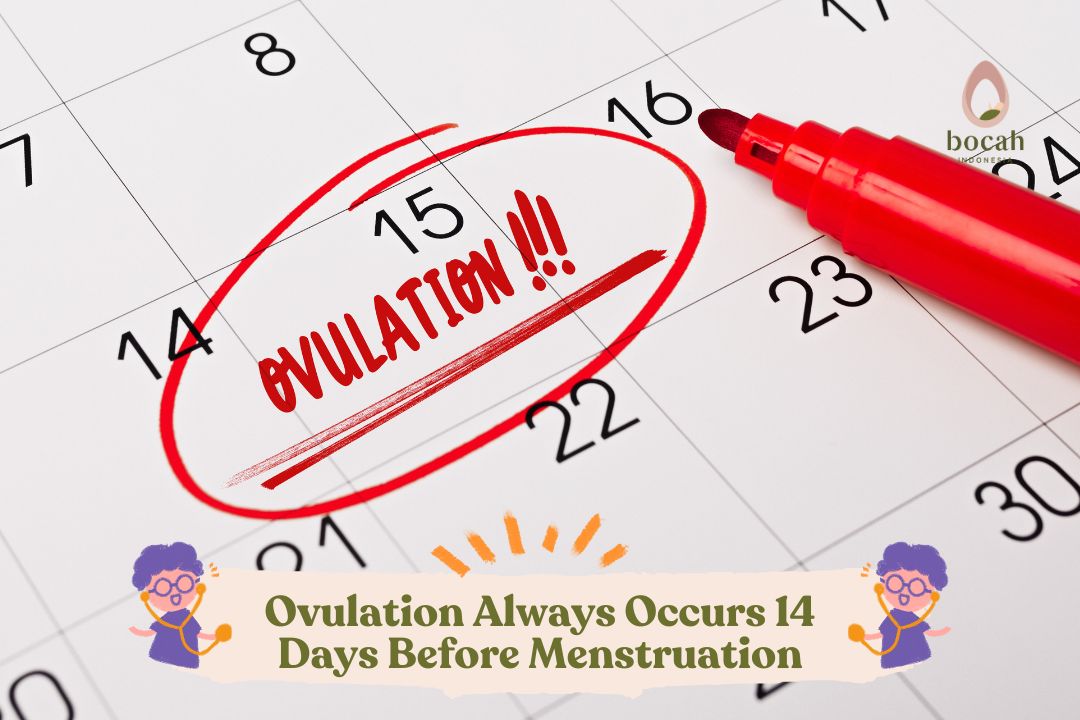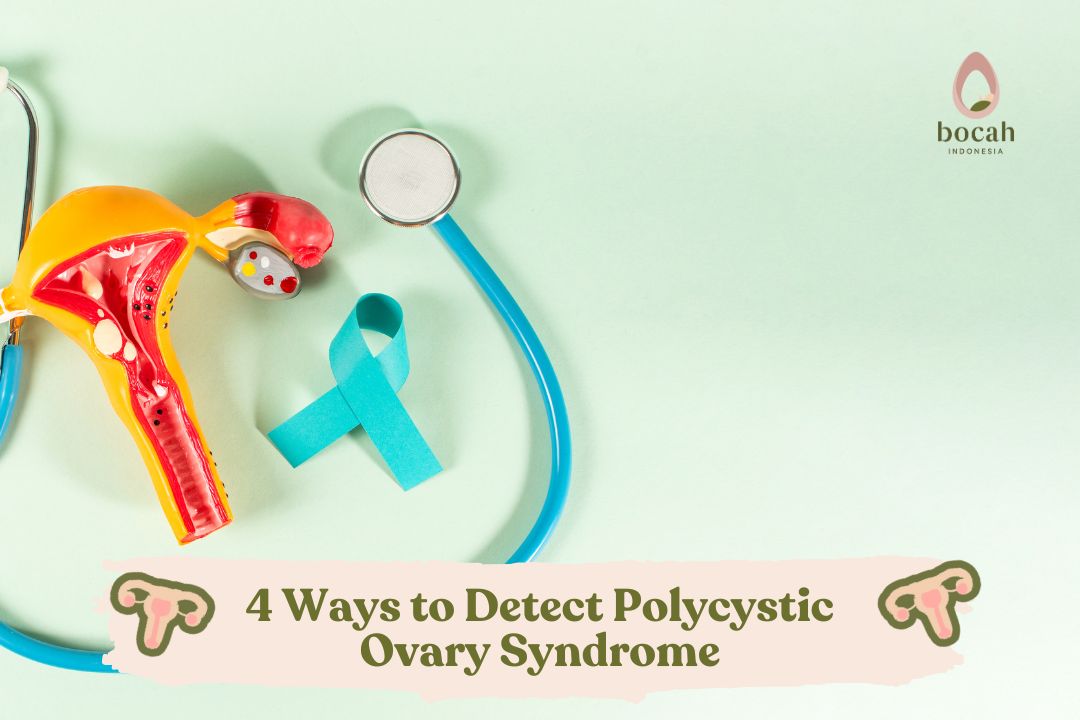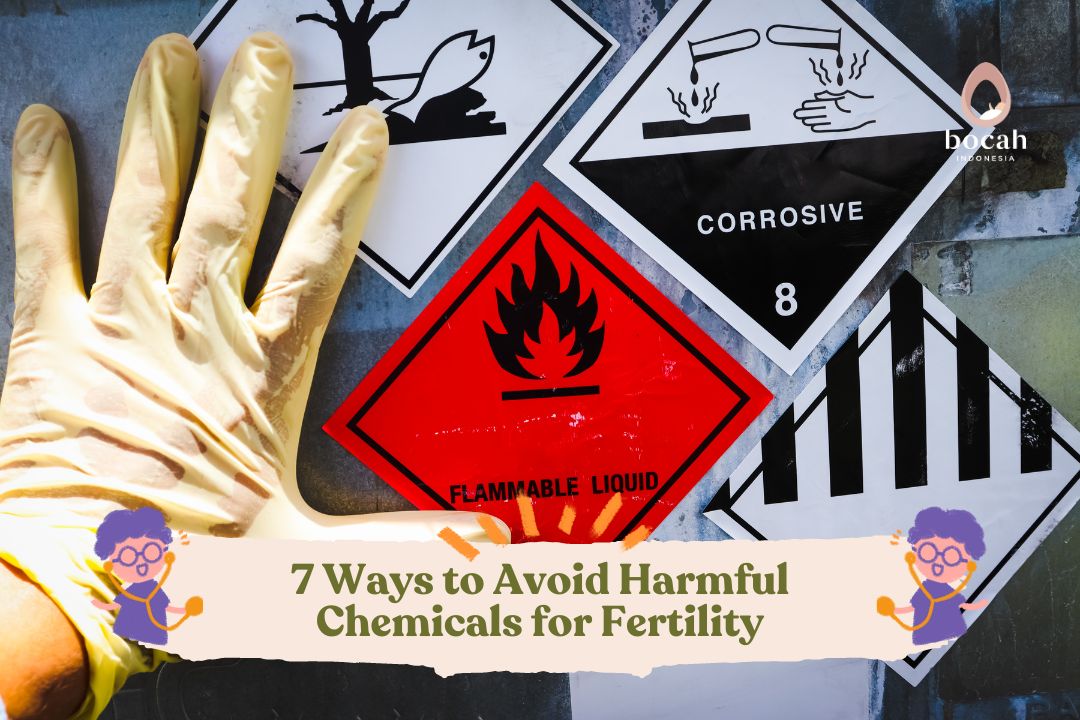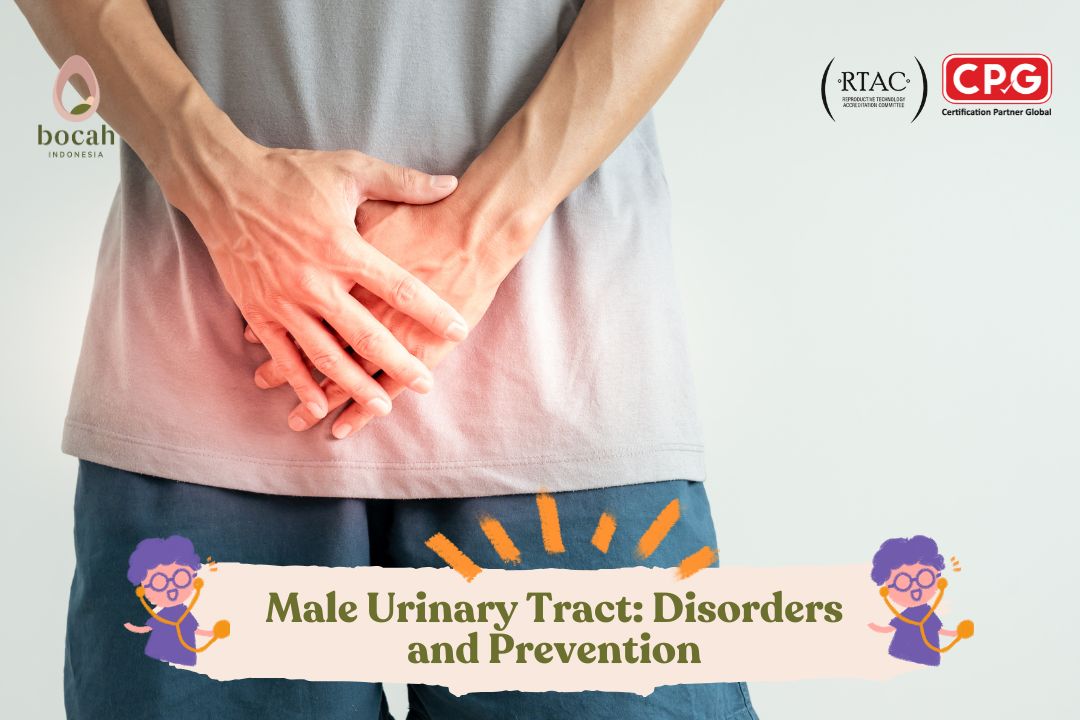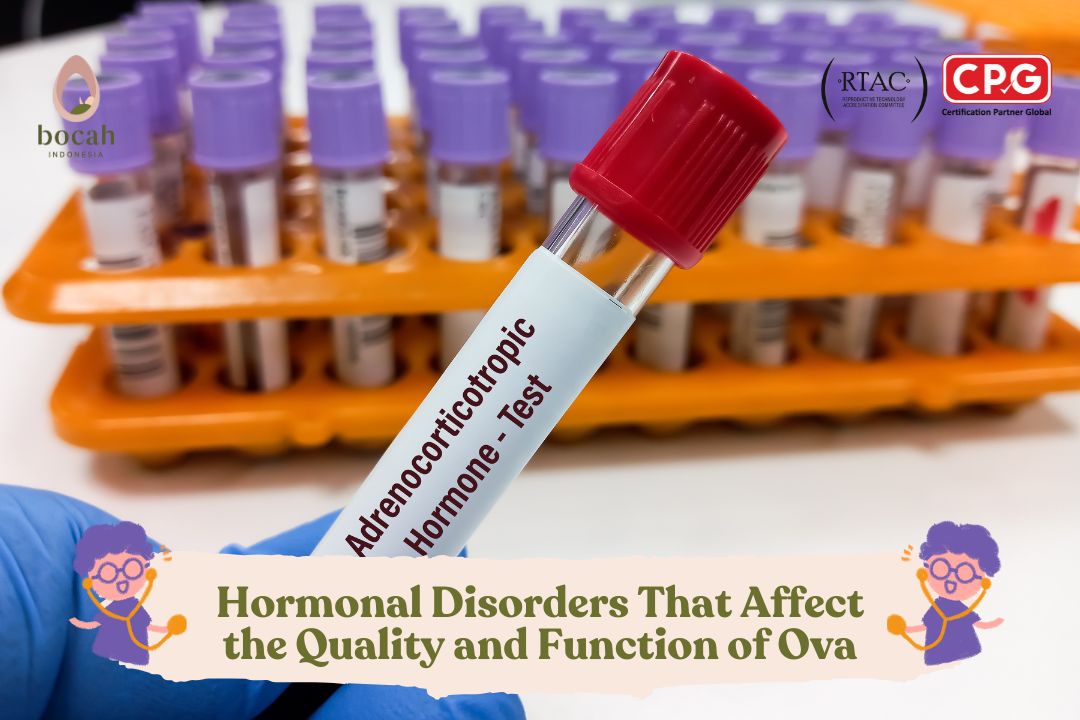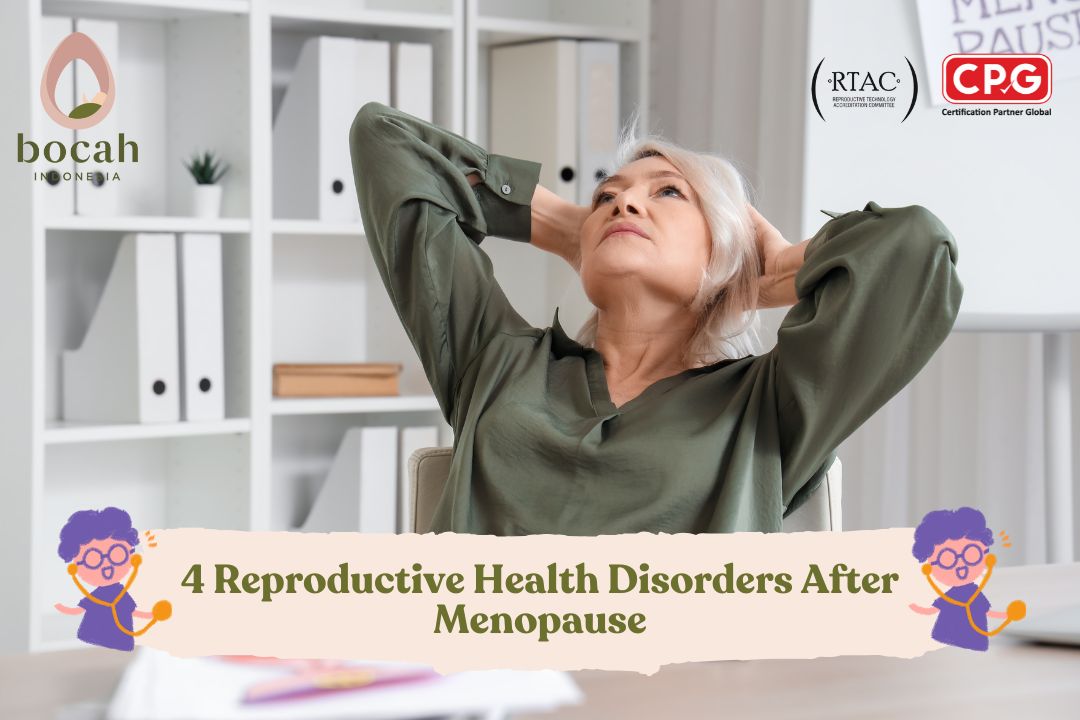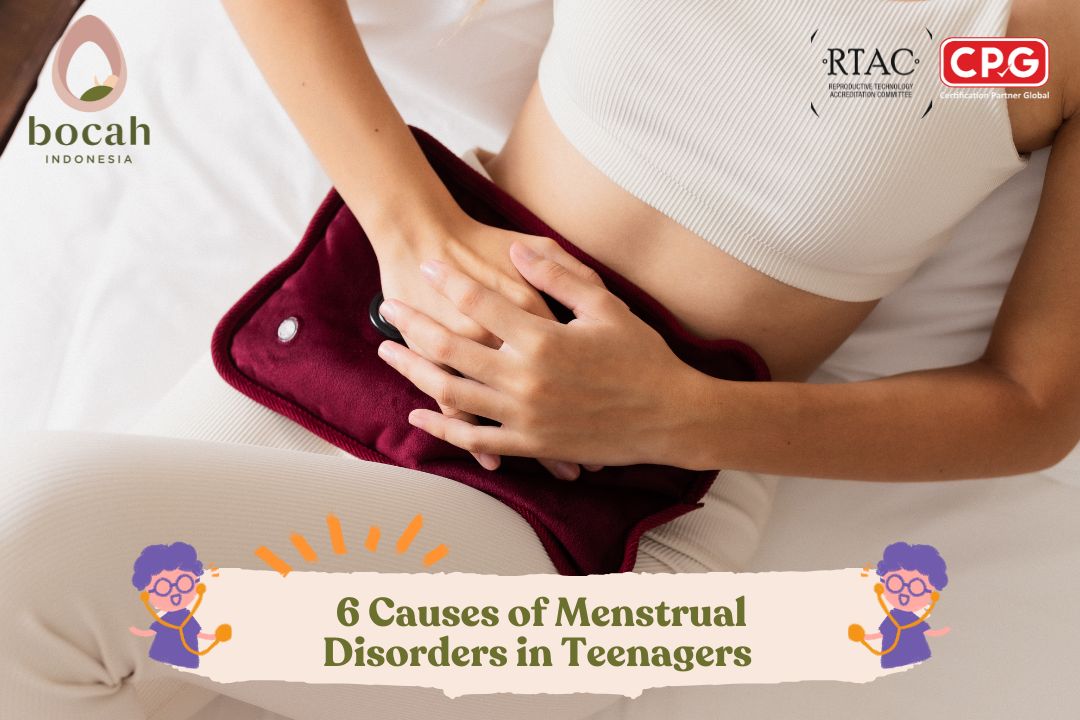Ovulation Disorders and Effective Ways to Overcome Them
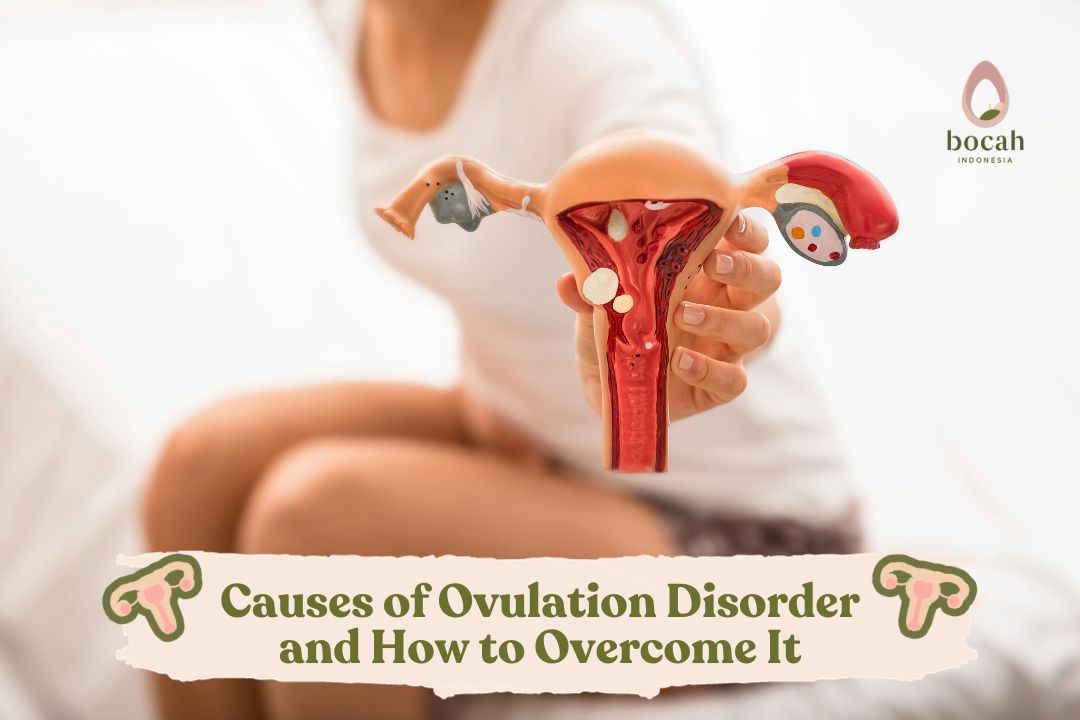
Ovulation disorders occur when there is an imbalance in hormones or certain conditions. This condition makes it difficult for couples to conceive.
Generally, a woman undergoes ovulation every month. Ovulation is the process of releasing a mature egg from the ovary into the fallopian tube to be fertilized by sperm.
Ovulation disorders or anovulation occur when a woman does not ovulate. This happens because the egg fails to mature and is not released from the ovary, making it unable to be fertilized by sperm.
Anovulation is one of the causes of infertility in women. When planning for pregnancy, knowing the fertile period and ovulation is crucial. Anovulation makes it difficult for women to determine when their fertile period occurs.
If this condition occurs, more effort is needed to achieve pregnancy. Ovulation disorders can affect any woman, even during her reproductive years.
Tanya Mincah tentang Promil?
Causes of Ovulation Disorders
Ovulation involves the participation of many glands, chemicals, and organs with a sequential working system. When it doesn’t go as planned, it can lead to ovulation disorders.
There are several causes of ovulation that mothers need to be aware of.
Polycystic Ovary Syndrome (PCOS)
One common characteristic of PCOS is irregular menstrual cycles. If a mother has PCOS, this condition can make it difficult to ovulate.
Polycystic Ovary Syndrome (PCOS) occurs when the levels of androgen hormones in a woman’s body are elevated, leading to insulin resistance.
This condition results in small cysts in the ovaries. It is the hormonal imbalance caused by this condition that leads to ovulation disorders.
Stress
Excessive stress not only disrupts the menstrual cycle but also causes ovulation disorders. Excessive stress can disrupt the balance of hormones such as Gonadotropin-Releasing Hormone (GnRH), Luteinizing Hormone (LH), and Follicle-Stimulating Hormone (FSH). This condition can affect a mother’s fertility.
Excess or Underweight
Excess weight or obesity can lead to ovulation disorders. This is because obese women experience hormonal imbalances in their bodies, which affect ovulation.
Furthermore, women who are underweight can experience a similar condition. This is because being underweight leads to a decrease in the production of LH and FSH hormones, resulting in an imbalance of hormones in the body.
Symptoms of Ovulation Disorders
When a woman experiences ovulation disorders, there are several symptoms to be aware of, such as:
Heavy menstrual bleeding, either more than 80 ml or very light, less than 20 ml.
Cervical mucus does not come out of the vagina as it normally does before or during ovulation.
No increase in body temperature during ovulation, as body temperature typically rises when ovulation occurs.
Menstrual cycles shorter than 21 days or longer than 38 days.
How to Overcome Ovulation Disorders
To date, there is no known cure for ovulation disorders because many factors affect a woman’s hormone levels and menstrual cycle.
Therefore, the treatment depends on identifying the specific cause of anovulation. Once treatment is administered, the chances of achieving pregnancy increase.
If anovulation is caused by an unhealthy lifestyle, improving one’s lifestyle and physical activity can help.
Additionally, maintaining an ideal body weight, as recommended by a doctor, is essential. Mothers should consult a doctor to receive the right solutions and treatments.
Don’t worry if you’re experiencing ovulation disorders; seek medical advice without delay.
Share this important information with mothers who are experiencing similar conditions. Read more articles related to fertility, pregnancy programs, and lifestyle on Bocah Indonesia.
Source:
- University of Florida Health. Anovulation.
- Branigan, E.F., Estes, M.A. (1999). Treatment of chronic anovulation resistant to clomiphene citrate (CC) by using oral contraceptive ovarian suppression followed by repeat CC treatment. Fertil Steril. 1999 Mar;71(3):544-6.
- Crafwford, N.M., et al. (2017). Prospective evaluation of luteal phase length and natural fertility. Fertil Steril. 2017 Mar;107(3):749-755.
- 4 Herbal Medicine to Improve Male Fertility - 01/07/2025
- 7 Signs of PCOS Every Woman Should Know - 30/06/2025
- Ultimate Guide: Boosting Egg Quality for a Healthy Pregnancy Journey - 23/06/2025


